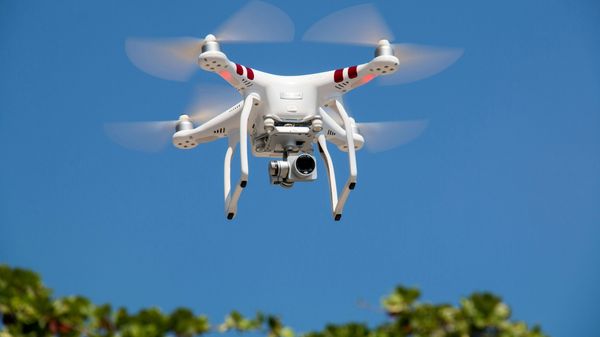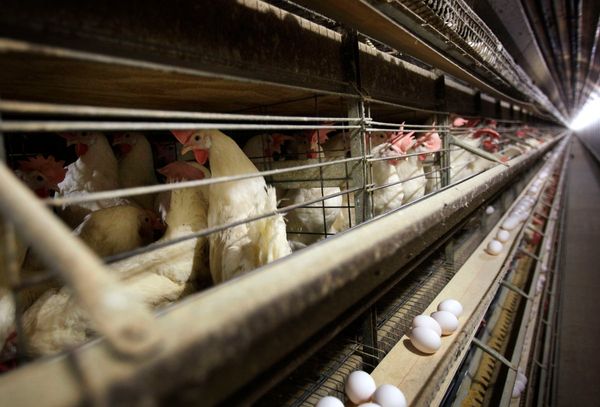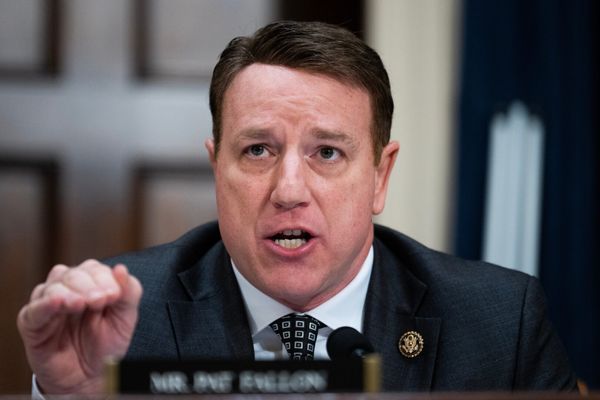
If all goes according to plan and the polls are not wildly out, Keir Starmer will be walking up Downing Street on Friday morning as the country’s new prime minister.
Friday morning
It will all happen at dizzying speed. Almost before he has had time to look around his new home he will be flooded with congratulatory calls from world leaders, none of whom will appreciate being short-changed or put back in the queue.
Immediately the civil service will be alongside the new PM, steering his every move. The Foreign and Commonwealth Office will have provided briefs urging him not to waste the chance of some initial constructive dialogue during those conversations with leaders across the globe.
The transition from relentless campaigning as leader of the opposition to the dignified process of assuming prime ministerial office will be brutally demanding.
At 11am Starmer will visit King Charles at Buckingham Palace and be invited to form a government, before driving back down the Mall in the prime ministerial car to address the nation from outside No 10.
Starmer will have been told the night before to get some sleep as early as possible, having attended his own constituency count and after dropping in on an “election watch” party at an as yet undisclosed location in central London. If recent byelections are any guide, it will be near impossible to persuade him to switch off, his aides say.
Over the weekend
Prime minister Starmer will, probably later on Friday, and continuing into the weekend, begin the task of appointing his government, starting with the cabinet. The number of appointments he will have to make, the movements in and out of Downing Street, will maintain a sense of real change and momentum, even if the size of his majority does fall short of some of the higher expectations.
The first appointments are almost certain to be remarkable in their own right: Rachel Reeves as the first ever female chancellor. Then in all probability David Lammy will be made foreign secretary and Angela Rayner deputy prime minister. All three will be offered grace and favour country residences, just as Starmer will have the use of Chequers.
Wes Streeting is a shoo-in for the Department for Health and Social Care, and Bridget Phillipson will become education secretary.
Tuesday 9 July, the Commons
Parliament is scheduled to return to swear in hundreds of new MPs, those who will have swept away the old guard on election night, and to elect the Commons Speaker.
10-11 July, Nato summit
Starmer will be propelled onto the world stage as the UK’s prime minister before he has hardly had time to catch his breath. He will head to Washington for a Nato summit with issues including Russia and its invasion of Ukraine, the Middle East, and the US election this autumn, with the increasing prospect of a second term for the Nato-sceptical Donald Trump, all high up the agenda.
17 July, the King’s Speech
The first big parliamentary event under a Starmer premiership, when the Labour government will lay out its legislative plans for the first session of the new parliament, including the setting up of Great British Energy and planning reform at the forefront.
18 July, a key European meeting
Starmer will host more than 40 European heads of government at a gathering of the European Political Community at Blenheim Palace. The EPC was established by French president Emmanuel Macron in 2022 to address strategic issues that he believed could best be dealt with outside the EU’s structures. It will, although not an EU body, be a vital first test of how Starmer intends to approach the UK’s future relations with the European Union, and of how its leaders will treat him as he seeks to heal the scars of Brexit.
A holiday?
Starmer’s team expect him to set a “cracking pace” in the initial weeks, but then, come August, to allow everyone a well earned break. “He will want to really get things moving,” said one source. “But I don’t think he will say you can’t go on a summer holiday. That wouldn’t really work.”







